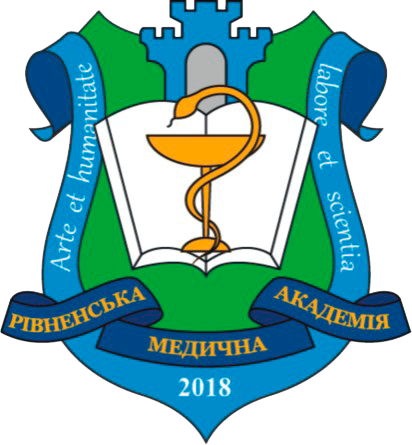ANALYSIS OF EDUCATIONAL PLANS FOR THE DEVELOPMENT OF COHERENT SPEECH IN CHILDREN WITH AUTISM IN INCLUSIVE PRESCHOOL GROUPS THROUGH DIGITALIZATION TOOLS
DOI:
https://doi.org/10.32782/health-2024.4.21Keywords:
inclusive education, children with autism, speech development, coherent speech, speech games, didactic games, individual development programs, educational plans, communication skills development, digital technologies, interactive methods, inclusive groups, speech exercises, monologic speech, dialogic speech, verbal games, digitalizationAbstract
The development of coherent speech in children with autism is one of the key tasks of modern inclusive education. In this regard, there is a need to implement effective methods and technologies that contribute to the formation of communication skills in autistic children. One of the common approaches is the use of play-based methods, particularly didactic and speech games, which have long proven their effectiveness in pedagogical practice. However, it is important to explore how these methods are integrated into the educational process of inclusive groups working with children with autism and how effective these methods are for various aspects of speech development.Within the framework of this study, an analysis was conducted on the educational plans of teachers working in preschool education institutions (PEIs) with children with autism. A total of 200 plans were analyzed to determine the number and types of speech games used to develop coherent speech. Special attention was paid to how play activities are integrated into lesson structures and their impact on the development of monologic and dialogic speech. Additionally, the study examined the use of modern digital technologies in the process of developing communication skills in children with autism.The research results showed that the most common methods for speech development remain didactic games using visual aids, which are primarily applied for fostering correct sound production and enriching vocabulary. However, games for the development of dialogic and monologic speech are rarely used, and speech play situations have not been widely applied. The analysis also revealed insufficient implementation of digital technologies in the teachers’ plans, which limits the opportunities for the development of speech and communication skills in children with autism.The article highlights the importance of improving educational plans by integrating modern interactive methods and digital tools that can effectively support the development of coherent speech in children with autism spectrum disorders.
References
Алексєєнко-Лємовська Л. В. Розвиток творчості в дітей середнього дошкільного віку в театрально-ігровій діяльності. Дошкільна освіта. 2018. № 1 (19). С. 33–36.
Базовий компонент дошкільної освіти (нова редакція) : наказ № 33 від 12.01.2021 МОН України. URL: https://mon.gov.ua/storage/app/media/rizne/2021/12.01/Pro_novu_redaktsiyu%20Bazovoho%20komponenta%20 doshkilnoyi%20osvity.pdf.
Богуш А. М., Луцан Н. І. Мовленнєво-ігрова діяльність дошкільників: мовленнєві ігри, ситуації, вправи. Ви- дання друге, доповнене. Київ : Видавничий дім «Слово», 2012. 304 с.
Бурова А. Організація ігор-драматизацій з дітьми старшого дошкільного віку в дошкільному навчальному закладі. Вихователь-методист дошкільного закладу. 2011. № 9. С. 51–58.
Гавриш Н. В. Інтелектуальна гра. Дошкільне виховання. 2003. № 6. С. 6–7.
Про дошкільну освіту : Закон України від 6 червня 2024 р. № 3788-ІХ. Відомості Верховної Ради України. 2024. № 24. Ст. 215.
Каніщенко А. П. Уроки розвитку зв’язного мовлення в початкових класах : методичний посібник для вчителя. Київ : Рута, 2000. 128 с.
Крайнова Ж. Формування комунікативної компетентності молодших школярів на заняттях з рідної мови. Початкова школа. 2003. № 11. С. 24–26.
Крикун М. Роль слова в розвитку зв’язного мовлення молодших школярів. Початкова школа. 2003. № 11. С. 27–35.
Кудикіна Н. В. Теорія ігрової діяльності дітей : монографія. Київ. ун-т ім. Б. Грінченка. Київ, 2012. 235 с.
Найден О. Українська народна іграшка. Київ : Артек, 1999. 252 с.
Поніманська Т. І. Дошкільна педагогіка : навч. посібник. Київ : Академвидав, 2004. 456 с.





